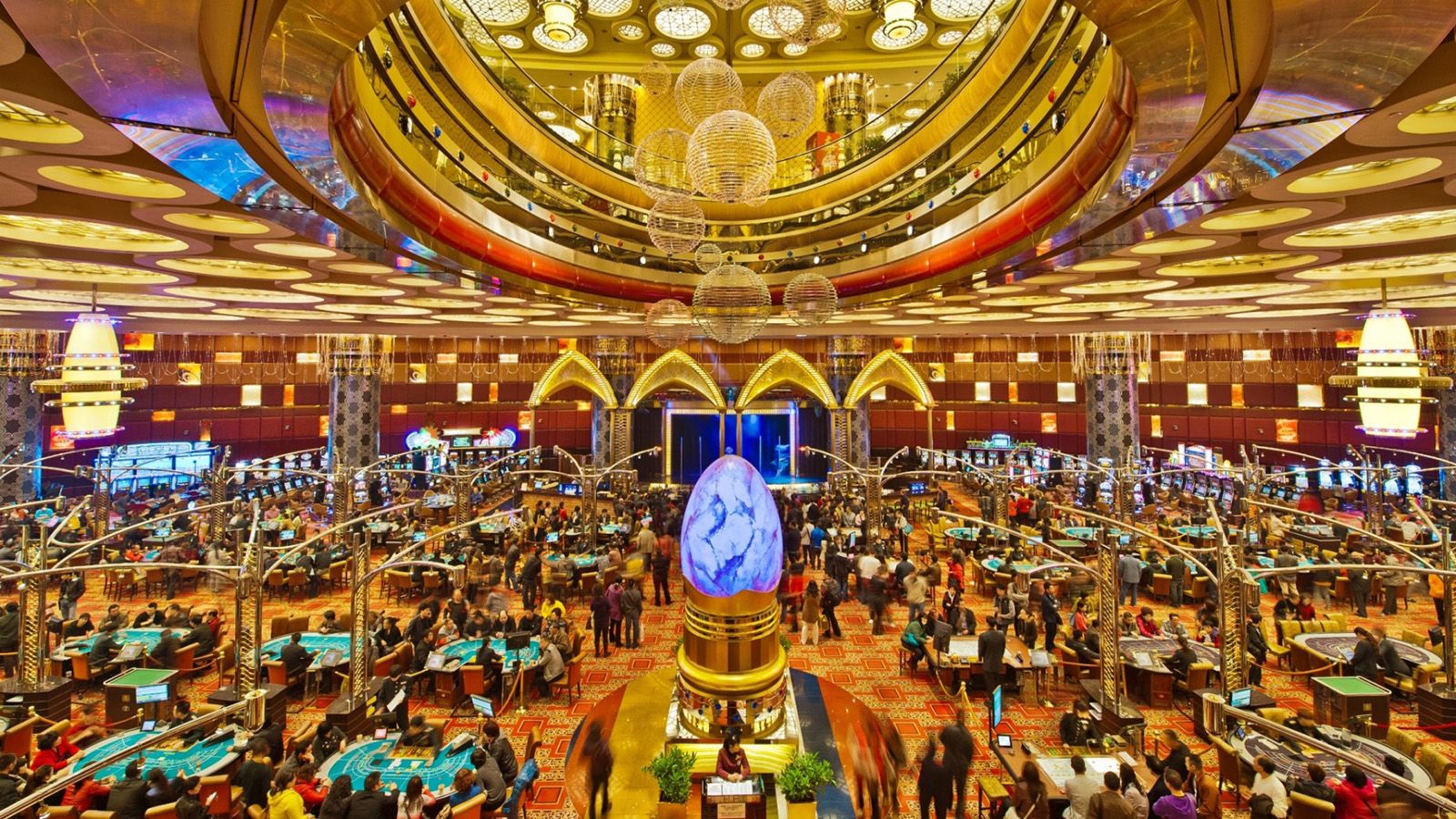A Societal Influence of Casino Games Worldwide

Casino entertainment have long been a captivating entertainment option, drawing millions of players from diverse cultures around the globe. From the opulent casinos of the Strip to the thriving gambling halls of the Cotai Strip, these games serve as a bridge that connects people across different backgrounds. The allure of luck, skill, and risk entices not only those seeking to strike it rich but also those seeking a shared experience.
The cultural impact of casino games extends well beyond the gaming floor. They often reflect the cultural standards and principles of the cultures in which they thrive. Games such as seven-card stud, pontoon, and the wheel game have woven themselves into the fabric of mainstream culture, influencing multiple fields from cinema to fashion. As we explore this captivating intersection of luck and life, we can gain insights into how casino games shape and are affected by the environment surrounding us.
Historical Development of Casino Activities
The roots of gambling games can be followed back to historical civilizations, where gambling in multiple forms was widely performed. In Ancient China, around 2300 B.C., a type of gambling known as Keno was well-known, while in ancient Rome, soldiers would regularly bet on the consequences of their games. The concept of using randomness for amusement and income progressed over the years, leading to the establishment of more organized games. By the final Middle Ages, betting houses began to emerge in Europe, notably in Italy, which presented early versions of well-liked activities still enjoyed today.
As betting gained fame in European regions, the 17th and 18th centuries saw the emergence of casinos as dedicated venues for betting. The first official gambling house, the Ridotto, was established in the Venetian city in the year 1638, offering activities like the game of Baccarat and Faro. This time marked a significant turning point, as casinos started to welcome not just the elite but also the burgeoning middle-income class. The sophistication of games increased, leading to the introduction of new rules and variations that enhanced the play experience.
In the 19th century, the industrial revolution and transformations in social standards also altered the terrain of casino activities. The introduction of the game of roulette and new one-armed bandits attracted a more diverse crowd, and gaming houses became seen as legitimate fun. This time witnessed the international spread of casino activities, as gambling houses extended from the continent to the New World, culminating in the development of the famous Las Vegas Strip in the twentieth century. The development of gambling games has continued into the current era, including technology and online sites, allowing them available to a universal audience.
## Cultural Significance within Various Societies
Casino activities have profound cultural importance within many societies across the planet. For instance, in Las Vegas, the very fabric of the urban landscape is woven around gambling establishments, where gaming is not just a pastime but a fundamental aspect of social engagement and community life. The dazzling lights and vibrant atmosphere attract millions, showcasing how casino games can shape local economies and local cultures. This setting transforms the notion of relaxation into an engaging encounter that shapes fashion, melodies, and even film.
Conversely, some communities approach wagering with greater care, seeing it through the lens of ethical considerations and heritage. For example, in various Oriental cultures, games like Mahjongg and Pai Gow are full of history and carry significant social meanings. These games are often played during gatherings and occasions, fostering collective connections and solidifying kinship ties. The act of participating in these games goes beyond mere leisure, reflecting ethics such as deference to seniors and the importance of collective enjoyment.
Simultaneously, in European countries such as the principality of Monaco and the Italian Peninsula, games of chance serve as symbols of luxury and elegance. The refined atmosphere of these venues attracts both visitors and residents, upholding a sense of prestige and exclusivity. The art of poker and the tactical components of games like banker’s game are esteemed, influencing community relationships and establishing an appeal that fascinates a varied audience. This emphasizes how casino games can both reflect and influence societal views towards danger, gain, and social interaction.
Economic Impact and Travel Industry
Casino games play a significant role in the economic landscape of many areas, particularly those that depend significantly on visitor traffic. https://crisiscare.uk.com/ The revenue produced from casino operations fuels local financial systems, creating employment opportunities not only within the casinos themselves but also in related sectors such as hotel management, restaurant services, and entertainment. This influx of tourists, drawn by the attraction of gambling and the overall casino experience, stimulates expenditure across multiple local enterprises, contributing to the economic vitality of the region.
The presence of casinos often leads to the development of facilities, including hotels, transportation systems, and leisure amenities. These improvements are essential in enhancing the overall tourist experience, making locations more appealing to visitors. Additionally, many casinos contribute in local communities through sponsorship of activities and philanthropic initiatives, further embedding themselves into the social fabric of the region. Such investment not only supports economic growth but also cultivates a positive reputation of the casino industry.
In addition, the global popularity of casino games drives tourism competition, with locations vying to attract gamblers from across the globe. Iconic locations like Las Vegas and Macau have become synonymous with gambling culture, drawing millions annually. This advantage encourages creativity and diversification within the gambling sector, influencing trends in entertainment and accommodation that extend beyond their borders. The consequences of this tourism extend far, impacting local financial health and cultural interactions on a global scale.
